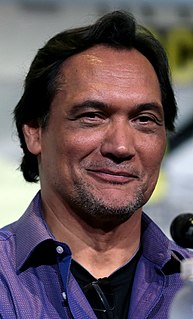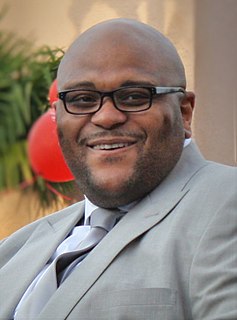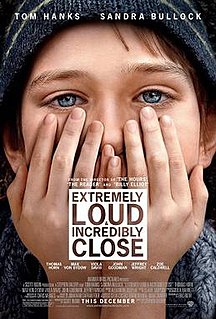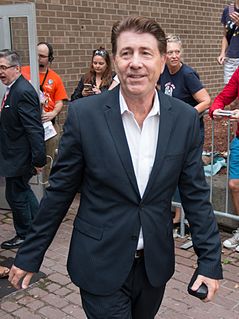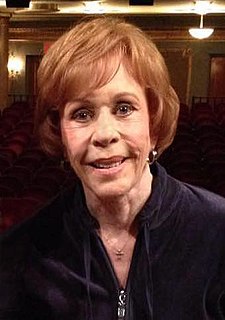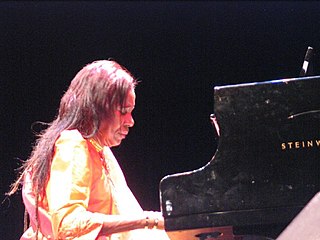A Quote by Jimmy Smits
I left 'L.A. Law' after five years when my contract was up because I felt I had done all I could do with the character. I didn't walk off the show with a three-picture deal to pursue this wonderful film career.
Related Quotes
I was the last one to join the cast of the west Wing and when I started it was just a peripheral character - the focus was to be on the staff, not the First Family. When I did the pilot, my contract was for just three years and it was confined to maybe three or four episodes every season. The only restraint I had was that I could not play another President while the show was on the air. So, I kind of backed into one of the great events of my life and certainly my career.
I had no interest in being an actress what so ever, and when I was about 14 or 15, I was signed to a company in England. They owned a children's TV show which they put me in as a singer, and I was on the show for three years, and I left the show when I was 18 and started looking for a record contract.
I would go into a place that was quiet and isolated and think about how my character would feel in the situation, considering who he was and what he had been through. I would think about that even up to 30 minutes. And when I felt the character was in my body and I had left, I could walk onto set or into rehearsal.
People say that you want to be varied in your career, and I've done so many things and am very appreciative. But, the one thing I've never done and wanted to do was to be a regular on a TV show, where you get 22 weeks of the year to develop and play a character. I've done arcs of five or eight episodes on shows, but I'd like to have a character that's rich enough and deep enough to want to explore and live with for a few years. Playing the same character, but doing different scenes seems very exciting to me.
I've been wrestling since I was 18 years old. And within the first five months of my wrestling career, I'd already had three concussions. And for years after that, I would get a concussion here and there, and it gets to the point that when you've been wrestling for 16 years, that adds up to a lot of concussions.
I took photos from 1976 to when I left in 1993, primarily for Interview and a column I had called "Bob Colacello's Out" which Andy had conceived of. I've never taken a picture since, not even with my phone! It just felt too Andy Warhol to keep going around town taking photographs. And I never really thought of doing anything with them after I left the magazine until this great Art Director Sam Shahid about for or five years ago asked where all of the old photos were.
Martin Scorsese was one of the few who had not been an assistant. Most of the guys had been an assistant and worked their way up. But I had seen an underground picture he had made in New York, a black-and-white film. I had done a picture for American International, about a Southern woman bandit, the Ma Barker story, and it was very successful, and I had left to start my own company, and they wanted me to make another one.
'How the West was Won' was very hard, because it was a three cameras technique, meaning three cameras wide. Therefore I wasn't speaking to my fellow performer, I was speaking to a camera, or a line next to the camera. It was difficult to do, because its not real acting. I had to pretend that I was 'seeing' Agnes Moorhead or Jimmy Stewart or Carroll Baker. I wasn't, I was acting to a drawn line. It took me personally two years to make the film, because my character starts at age 16 and I end up being 92 years old in the film. By the end of that production, I was ready for a long nap.
...I got a call from a record company offering me a contract, I did not want to take it because the Lord had pointed me in the direction of spiritual activity...And then it was disclosed to me that I could do both spiritual and musical work. So for five years I executed that contract, and when it was finished, after I made the album Transfiguration, I didn't make another album until twenty-six years later. This new album, Translinear Light, came out of the pleading and constant appealing from my son Ravi Coltrane: 'Ma, please make a CD.' So I eventually agreed.
